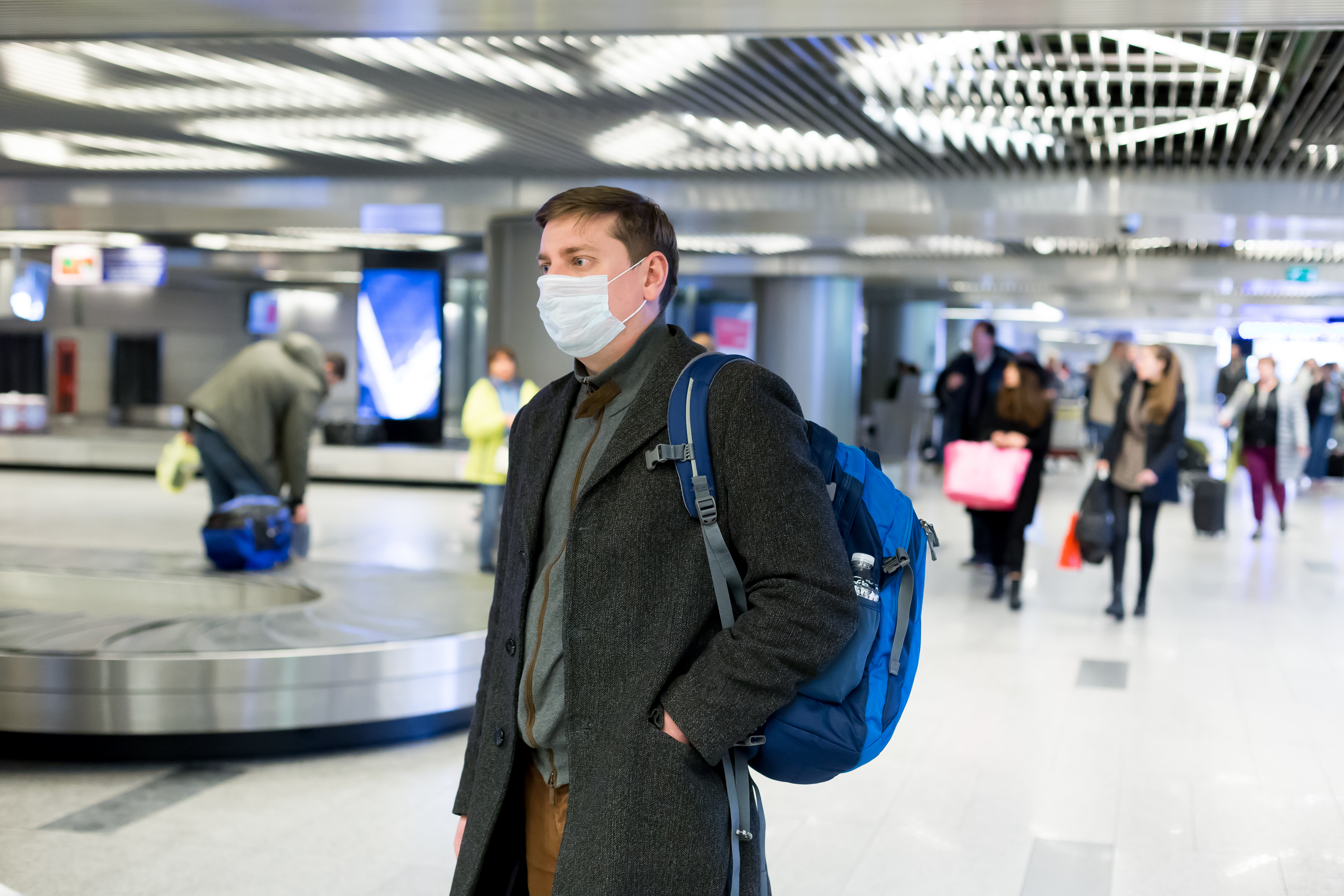
Corona Virus & Travel
What is the corona virus (COVID-19) ?
The first detected case of corona virus occurred on December 2019 in Wuhan, China, with the original source of the virus still remaining under much speculation.
It is thought that those who first contracted the virus potentially came into contact with contaminated animals, particularly seafood, products. From there the virus has quickly spread from person to person through droplets in the air and on surfaces.
When a person carrying the virus coughs, sneezes, or breathes deeply, infected droplets enter in the air, potentially exposing anyone who breathes in those droplets. The virus can remain in the air for anywhere from 30 seconds to 1 minute and reach people up to 6 feet away.
Corona virus is also spread by touching infected surfaces that the droplets have landed on. Once you touch the infected surface, like a door handle or telephone, you have the virus on your hand and if you touch your face afterward the virus can enter your body through mucous membranes like eyes, nose, and mouth. The virus is found to live on surfaces from anywhere from 2-5 days, with some reports claiming up to 9 days. This is why washing your hands for 30 seconds with soap and water is imperative to reduce the spread.
After exposure the virus symptoms generally appear within 5-10 days. Currently no vaccine or cure exists for corona virus, but scientists across the globe are working tirelessly towards such efforts.
Symptoms of corona virus include:
• High fever
• Usual flu symptoms such as a runny nose or a cough
• Low energy /feeling of fatigue
• Shortness of breath
• Pneumonia or kidney failure (in more serious cases)
• Respiratory complications
Numbers of reported cases across the world is now close to 241,555 with almost 86,000 cases already recovered from the virus. The death rate of the corona virus is estimated to be sitting at around 2-5% with a total of 9,982 deaths at this time. Keep up to date with the official live tracker here .
Precautions prior to travel
Right now the safest practice is to avoid travel. Many countries have closed borders and are not allowing travel into the country. If you do decide to travel you face three main risks; being exposed to someone with corona, getting quarantined at your landing destination, or not being able to return to your home due to border closing.
As you can see there are many important aspects to be considered prior to booking your flights. Local government announcements, airline updates, and the CDC website are among some of the most accurate sources to check prior to travel.
While there is just so much information presently available on the corona virus, stay focused on evidence based facts and your own common sense.
Always check the travel warnings and regulations for your country of origin and destination
• Check your travel insurance policy closely- many do not cover medical costs or cancellations related to an illness that has arisen from a known outbreak of a virus. Particularly after the World Health Organization (WHO) issued a statement of corona virus being a “global health emergency” in January 2020.
• Check what rules have been put in place by the government body at your destination or if any transit destinations like layovers.
• Check the quarantine rules for people travelling throughout countries with high outbreak incidences and the rules for returning back to your destination country
• Check the number of confirmed cases of corona virus have been made in your destination and do not travel there if the number is high
What are the best preventions for contracting corona virus while travelling
If you do decide to travel, you can take the following steps to minimize your risk of contracting corona virus:
• Good hand hygiene – carry a pocket size bottle of hand sanitizer and wash your hands with soap and water for at least 30 seconds (which is the happy birthday song 2x)
• Avoiding touching your face (mouth or lips) while in transit or at airports, particularly as your hands are in contact with many surfaces that can be contaminated with germs
• Cover your mouth when you sneeze or cough with your elbow
• Use disposable paper towels to open bathroom doors after washing your hands from using public toilets
• Avoid any close contact with strangers that appear to be sick
• Seek medical advice early should you present with corona virus symptoms
• Always stay informed
• It is not recommended to wear a face mask in a healthy individual




